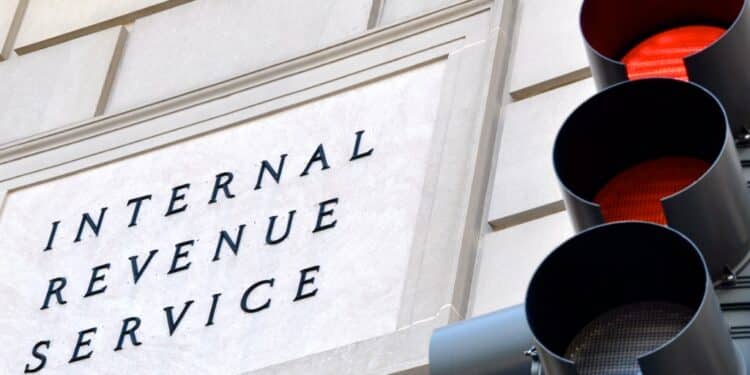On February 15, the U.S. Senate Finance Committee held a confirmation hearing for Daniel Werfel, President Biden’s nominee to be the Commissioner of the Internal Revenue Service (IRS). Following the hearing, Werfel responded to a series of written questions for the record, which he submitted on February 24.
Senators Ron Wyden (D-OR), the Chair of the Committee, and Chuck Grassley (R-IA) both posed questions to Werfel about the IRS Whistleblower Program. The program, which offers monetary awards to tax whistleblowers, has been an immense success but has been plagued by a number of issues in recent years.
“Whistleblowers have delivered a huge return on investment for the agency and can serve as effective partners to help the IRS to unpack sophisticated schemes used by wealthy taxpayers
and large corporations,” Wyden explained in his answers. “They have helped the IRS collect over $6 billion directly from wealthy individuals and businesses caught cheating on their taxes.”
“Mr. Werfel, will you ensure the IRS Whistleblower Program gets the support it needs?” Wyden asked. “What steps will you take to ensure claims are considered in a timelier manner and will you commit to reporting to me on the effectiveness of these measures?”
“I thank you and Senator Grassley for your bipartisan work over the years on this important issue,” Werfel responded. “It is critical that the IRS’s Whistleblower Program be a top priority.”
“To ensure the effectiveness of the current program I will seek to understand the following,” Werfel continued. “ – (i) what metrics are in place to assess the health of the program (e.g., employee awareness, IRS responsiveness to claims, timing for resolution, etc.); (ii) what is the current performance vs. historical; (iii) how does performance stack up against other similar Federal programs; (iv) what are the current improvement goals; and (v) who is accountable within the IRS for the program. If confirmed, I commit to getting up to speed on these matters and reporting back to you on my assessment and plans going forward.”
Grassley asked Werfel to address a number of questions on the whistleblower program:
“Do you agree that the IRS Whistleblower Program is an important and underutilized tool in addressing the tax gap and will you work with myself, this Committee, and Congress to improve the ability of the IRS Whistleblower Program to speedily process whistleblower claims?”
“Do you agree that for the IRS Whistleblower Program to be effective, the IRS as a whole needs to cultivate and maintain a culture of support for whistleblowers that recognizes and rewards their value? Will you ensure that all components of the IRS, including the Office of Chief Counsel are supporting the work and mission of the IRS Whistleblower Office?”
“If confirmed, will you commit to working with the Director of the IRS Whistleblower Office to develop a plan improving the function of the office such that more awards are paid out in less time? Furthermore, will you report back to me within 60 days of your confirmation on the plan’s progress?”
“I thank you and Chairman Wyden for your bipartisan work over the years on this important issue. It is critical that the IRS’s Whistleblower Program be treated with the highest priority,” Werfel responded, before repeating his answer to Wyden’s question on the program.
The IRS Whistleblower Program offers monetary awards and anti-retaliation protections to individuals reporting tax fraud to the U.S. government. The program revolutionized the U.S.’s tax enforcement efforts. Since 2006 the IRS has awarded whistleblowers over $1 billion based on the collection of over $6.4 billion in back taxes, interest, penalties, and criminal fines and sanctions.
Over the past few years, however, the program has been plagued by a number of issues leading to calls for reforms from whistleblower advocates. Senators Grassley and Wyden introduced the IRS Whistleblower Program Improvement Act of 2021, which offers seven simple reforms to the program in order to reestablish its efficacy and get it back on track. Among the seven reforms, the bill provides for de novo review of whistleblower decisions in Tax Court and imposes interest on whistleblower awards that are subject to significant delay.
Further Reading:
FINANCE COMMITTEE QUESTIONS FOR THE RECORD
Nominee for IRS Commissioner: “You Want to Incentivize People to Report Bad Behavior”
The IRS Whistleblower Program is in Even Worse Shape than We Thought




